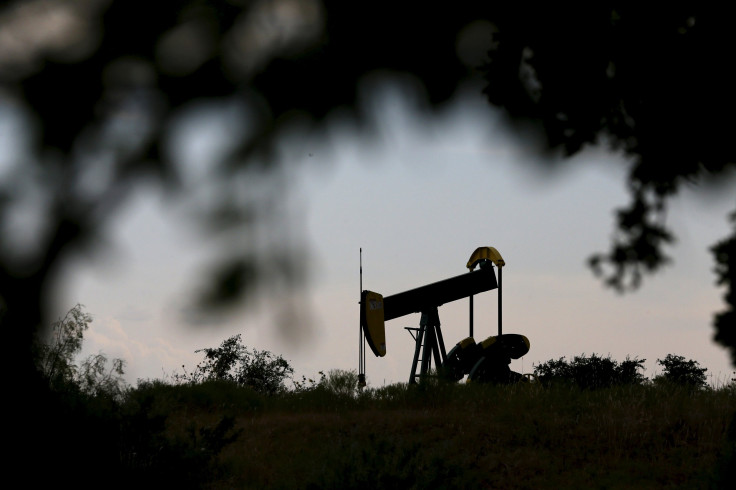US Crude Oil Prices Drop Over 2% As Market Loses Faith In Rebound

U.S. crude oil prices were down more than 2 percent in early trading on Monday as traders increasingly lose faith in a significant market recovery soon and bet on even lower prices. U.S. crude West Texas Intermediate (WTI) CLc1 dropped more than 2 percent in early Monday trading to a low of 32.43 per barrel before edging back to $32.51 by 0038 GMT (07:38 p.m. EST), still down 65 cents.
Global benchmark Brent LCOc1 was down 59 cents, also almost 2 percent, to $32.96 per barrel.
Monday's falls add to an over 10 percent price drop in the first trading week of the year and when Goldman Sachs said oil could hit $20, and would see sustained low prices through the first quarter "so producers will move budgets down to reflect $40 a barrel oil for 2016."
In a sign that traders are losing faith in a price rise anytime soon, big speculators have cut their net long positions to fewer than 50,000 contracts or 50 million barrels in the week to last Tuesday, a weekly report from a U.S. government agency that tracks commodity markets activity showed on Friday.
At the same time, trading data shows that U.S. managed short positions, which would profit from prices falling lower, have risen to a record high.
Oil prices have already fallen over 70 percent since the downturn began in mid-2014 as soaring global production sees hundreds of thousands of barrels of crude produced every day without a buyer, leaving storage tanks filled to the rims.
Adding to overproduction is slowing demand, especially in China where growth has slowed to its lowest rate in a generation and experts see few signs of improvement for the next few years.
"Chinese oil data are finally starting to reflect weak economic activity. Implied oil demand in China contracted 4.9 percent (537.3 thousand barrels per day) month-on-month and 2.0 percent (216.7 thousand barrels per day) year-on-year in November, the first decline since July 2014," Barclays bank said.
"We expect further compression in growth rates this year, with an average of 300 barrels per day (2.7 percent)," it added.
© Copyright Thomson Reuters {{Year}}. All rights reserved.





















